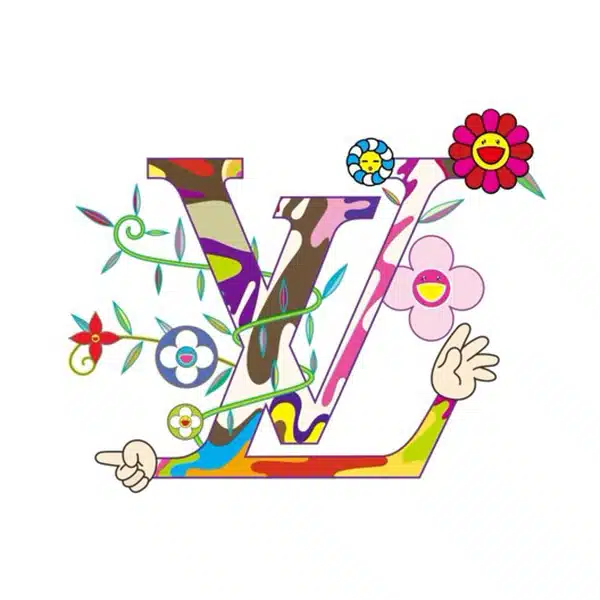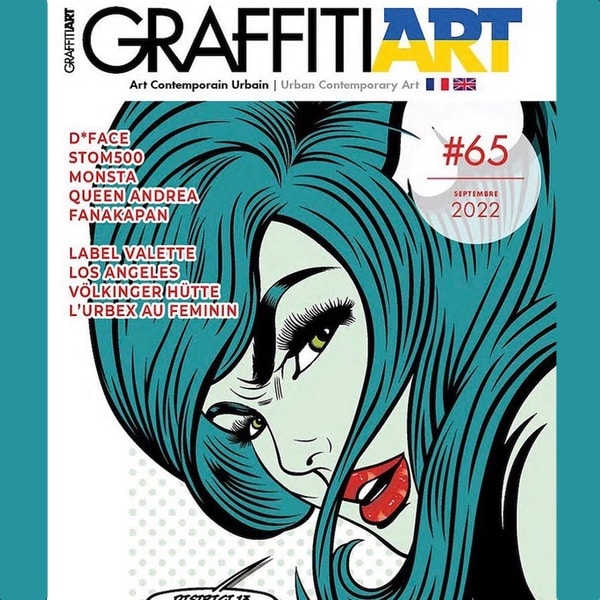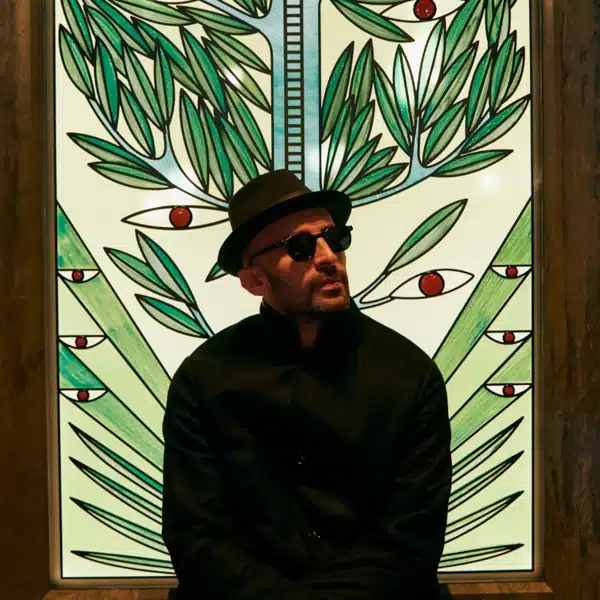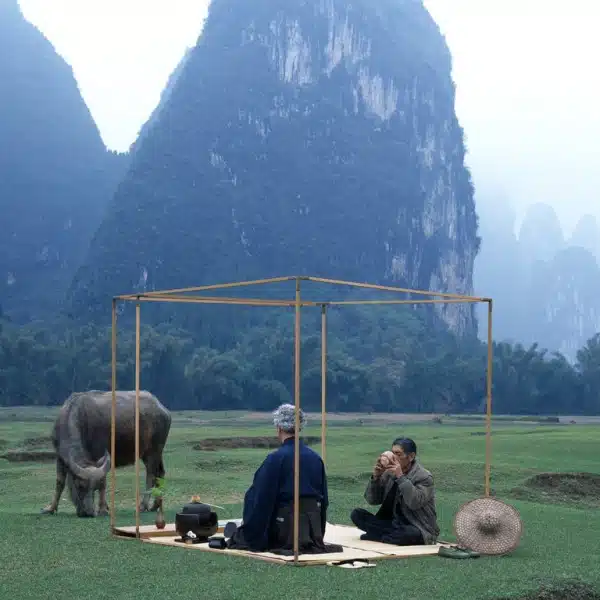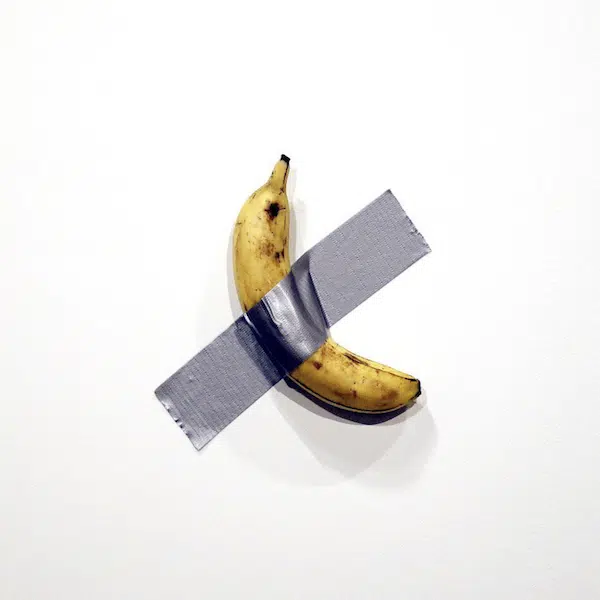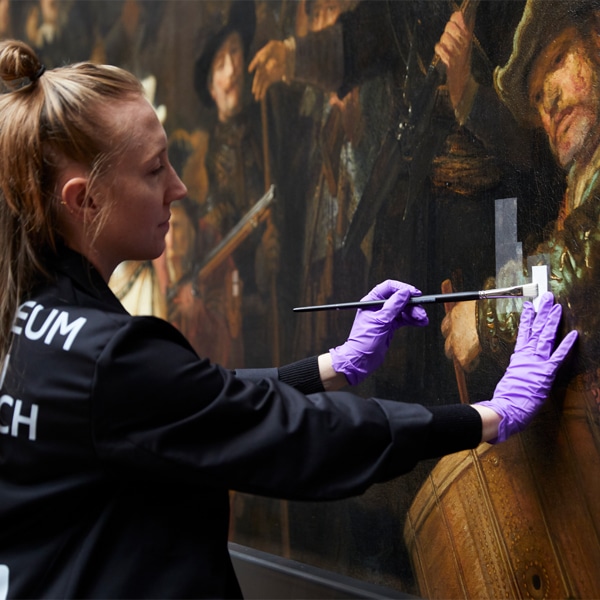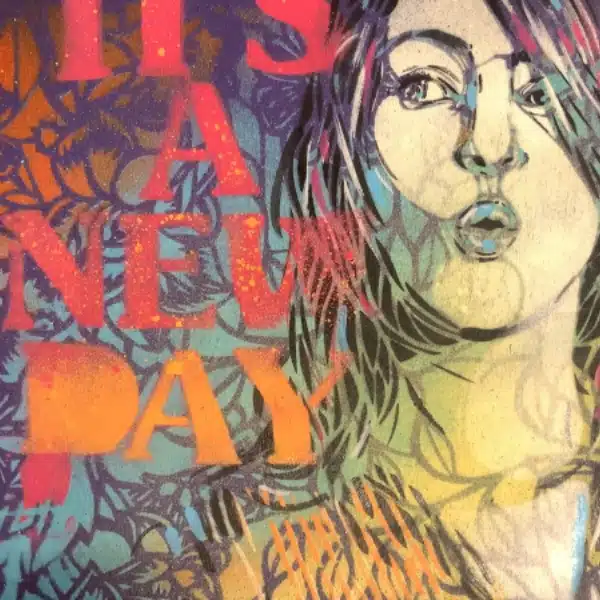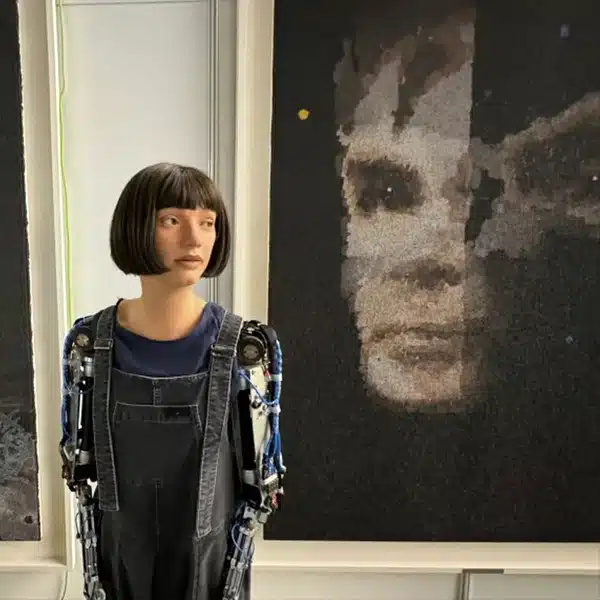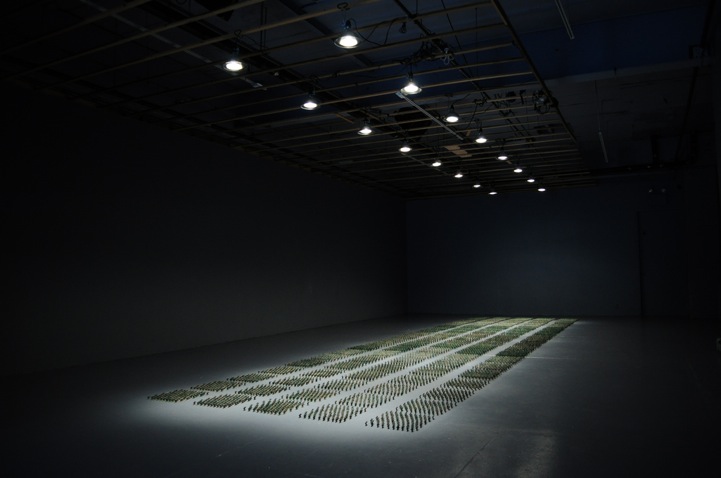
Brooklyn-based artist Francis Hollenkamp created an art installation comprised of 10,000 little green and brown plastic toy soldiers! The miniature military forces are lined up evenly into squared rows and columns, separated by weapon of choice. Hollenkamp's intention with this piece is to present a visual representation of a large group that is usually an abstract figure in our minds.
Even looking from afar, the soldiers blend and camouflage into each other, as if they are one entity. It is only upon closer inspection that we begin to recognize each individual soldier. It's very difficult to manufacture an image in one's own mind of a statistical number, especially when that number is large. For example, there are seven billion people in the world (and counting), but how does one calculate and visualize a number of that magnitude?
Hollenkamp's installation entitled 10,000 has been exhibited at two Brooklyn galleries this year – FiveMyles Gallery and LIU Humanities Gallery. We were interested in seeing what else this artist has coming up and were lucky enough to get in touch with Francis to ask him a few questions. Be sure to scroll down to read that interview, below.
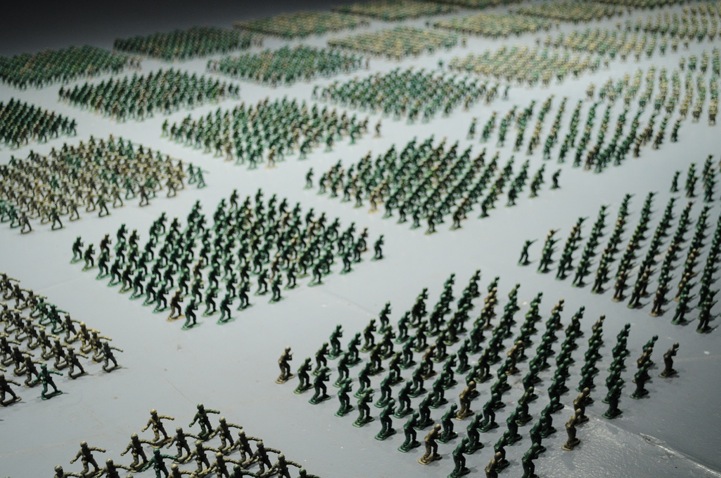
What was your inspiration for the 10,000 piece?
I created the piece in an attempt to visually explore notions of numbers, identity, and scale, particularly as these concepts relate to how we perceive and act in the everyday world. One is able to rapidly, accurately, and concretely imagine objects in low quantities. Five pencils imagined will not vary widely from five pencils in reality. Our ability to perform these tasks, however, diminishes rapidly as quantities increase. The conjured mental image of 100 or 1000 pencils will likely not be overly realistic. Despite this, most humans are being asked to comprehend and react to numbers of vast scale on a daily basis. We consistently hear things like “trillions of dollars” and “millions of refugees”, but to what degree can we as humans even really understand these phrases? Often, these gigantic numbers remain in the realm of abstraction to our conscious mind, leaving a disconnection between the number itself and the object to which it's referring. In this way, one can describe a million dollars without ever really thinking about what a dollar is or speak about a group of 100,000 people without ever thinking about any of these people individually.
In 10,000, I sought to confront the viewer with this disconnection. By presenting 10,000 toy soldiers, sub-divided into easily countable groups, my hope for the piece was that it could provide a platform by which the viewer could both better understand 10,000 as a number as well as allow for this entity to be broken down into smaller groups and eventually, the individual.
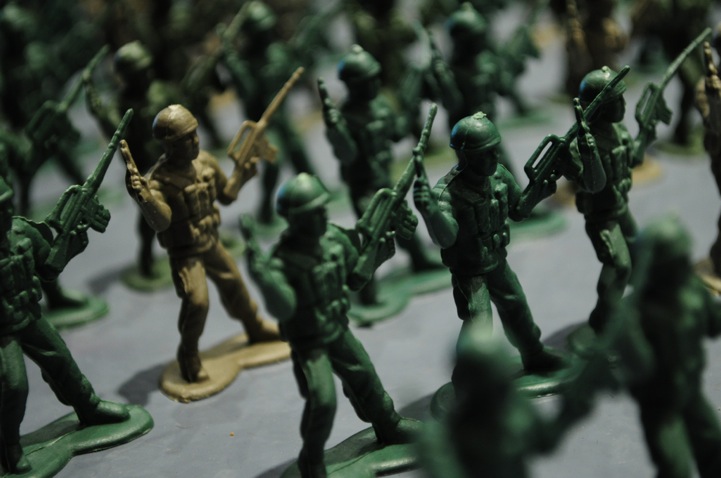
Scale is such a big part of this work. What were the biggest challenges of dealing with so many individual pieces?
I love that you bring up scale in response to this piece. As you insinuate, 10,000 is a big piece of littles, and this definitely created some rather large challenges for the piece's installation. The soldiers were purchased in packages of 53 from dollar stores and then sorted based on their stances. I further sorted each of these groups into bags of 100 to confirm quantities and make installation easier. The actual installation process starts with painters taping down the desired grid to the floor of the space. The soldiers are then set up to fill in the grid. The tape is pulled up as progress is made. The big wild card with the installation of this piece is that no glue or adhesive is used to secure the soldiers to the floor. As they fall down like dominoes, a misstep or an over-eager child can create massive havoc in no time. Luckily, the piece has been well respected and incidences such as this have been minimal.
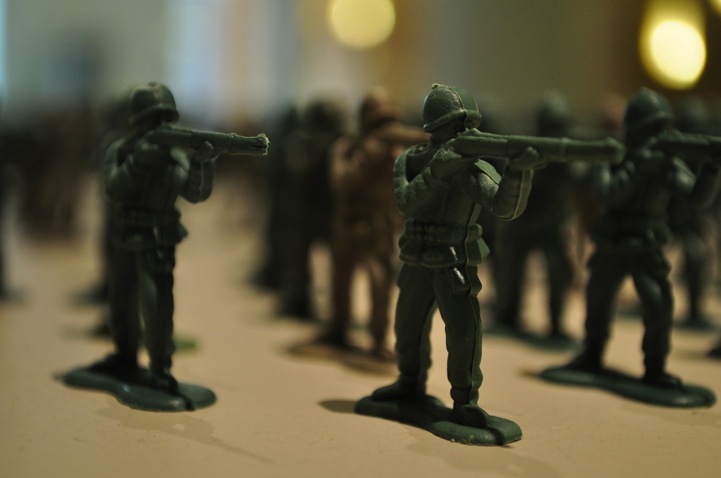
How has your perception of war changed in the process of making this piece? Do you see war as a necessary evil?
I'd have to say that installing and photographing this piece twice now has given me a much greater appreciation for the individual amid the mass. For war to be possible, opposing sides must be willing to dehumanize their competitor. Dehumanization can be a relatively easy process when judging a group, but it is much more difficult when passing judgment on another individual. Especially in photographing the piece, I found that without even realizing it my mind kept isolating single soldiers and creating little narratives for them. I think this experience of reminding oneself of these traces of identity, especially in a context in which these notions are not so apparent, is particularly valuable.

What's next for you?
10,000 is currently in storage, but I'm actively looking for a new venue(s) to install it at. It has been recently entered into the Curate NYC 2011 competition. I am also looking for a venue in which to display some of the photographs I took of the piece. I have a few other installation pieces in the works which I'm hoping to get together for sometime in the first half of next year.
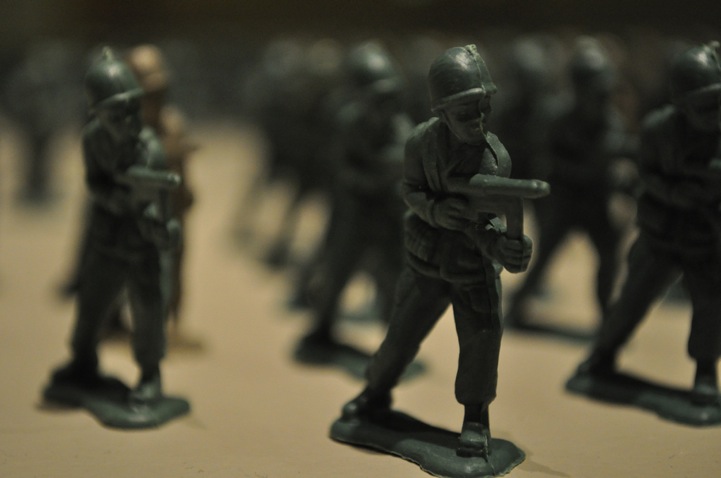
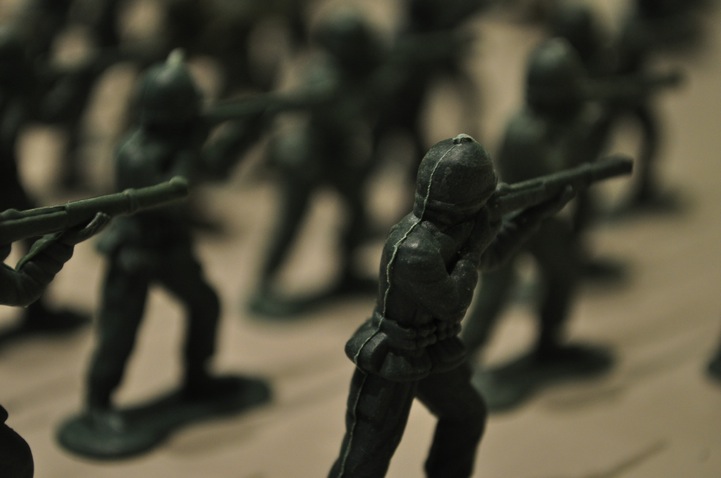
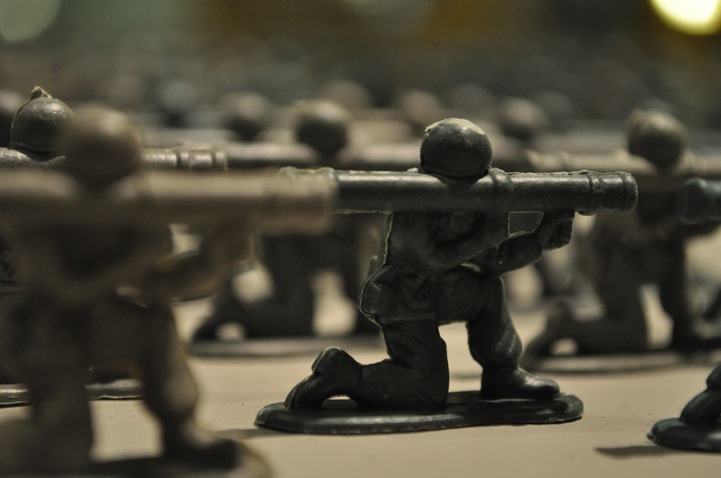
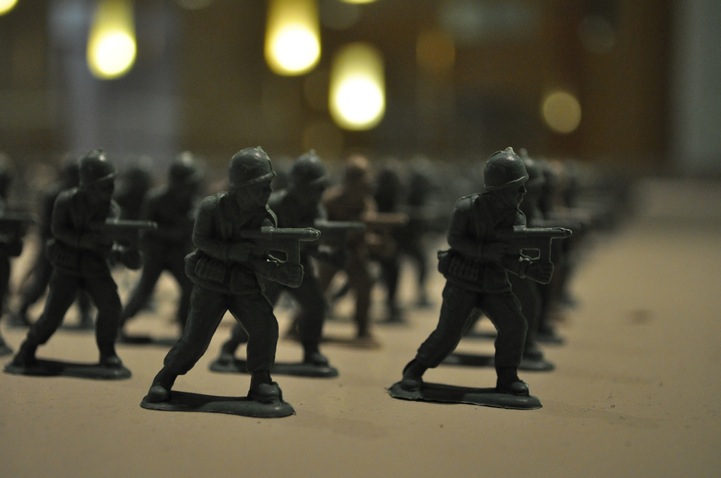
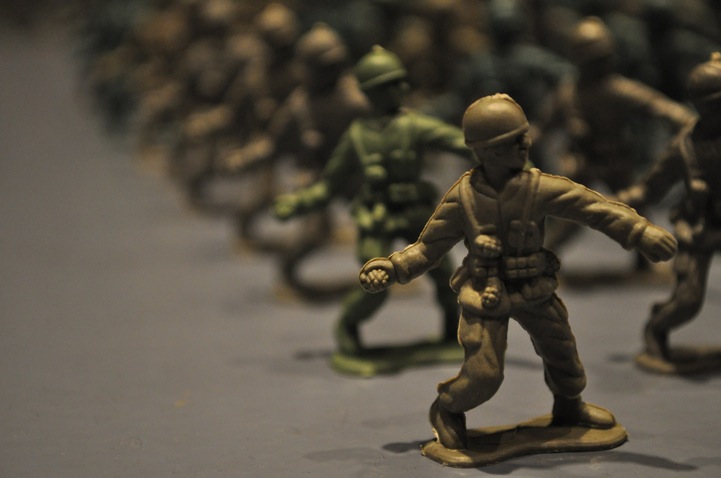
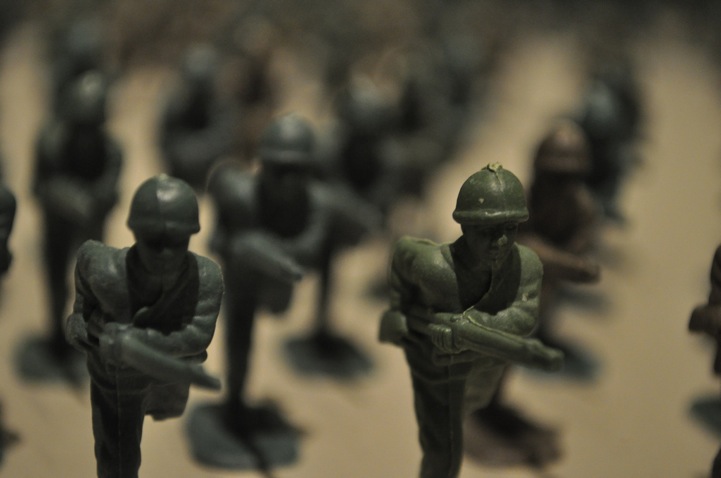
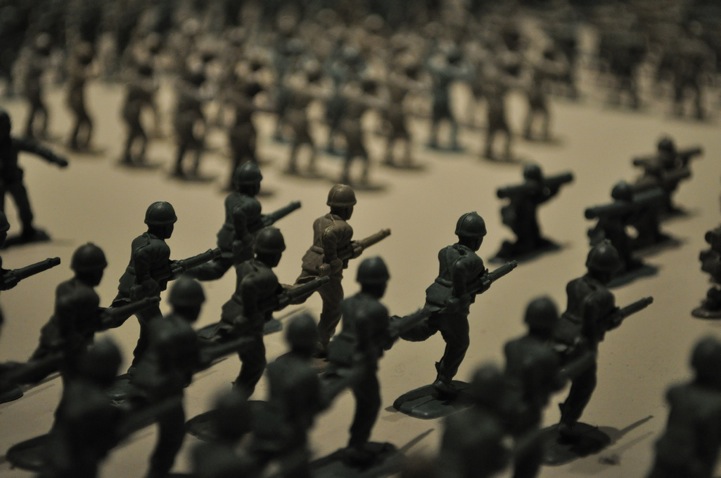
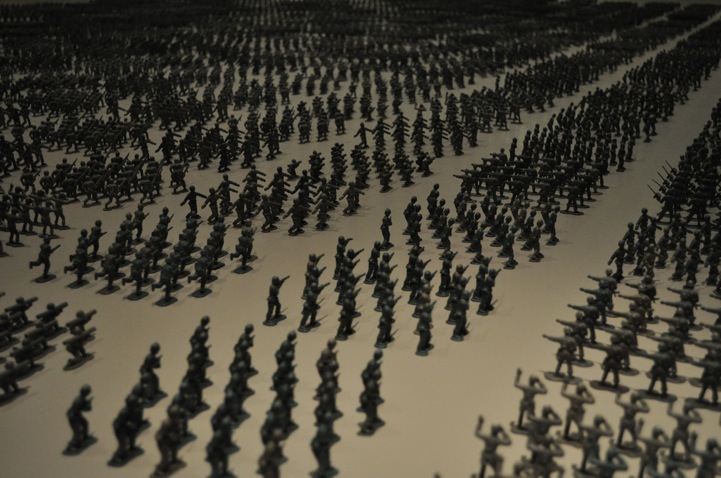
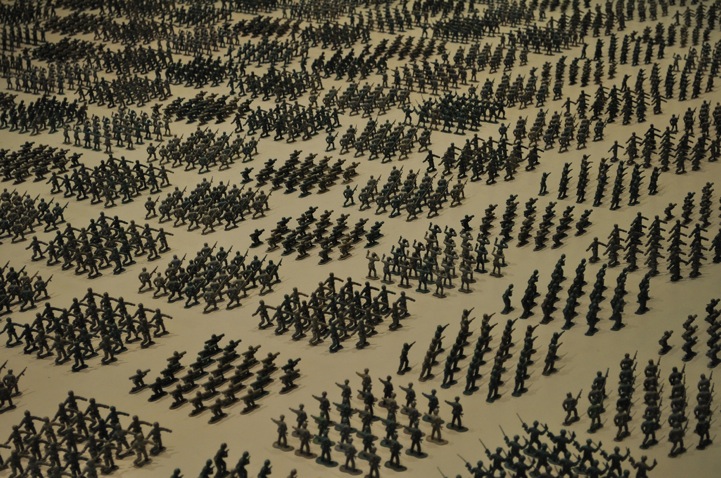
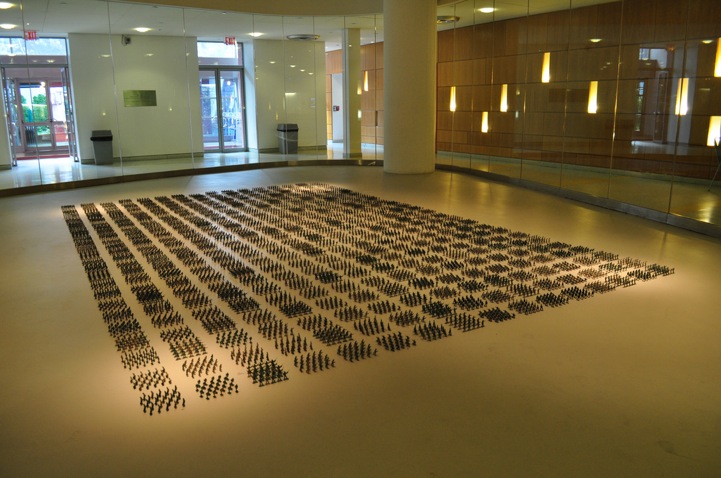
Francis Hollenkamp: Flickr











































































